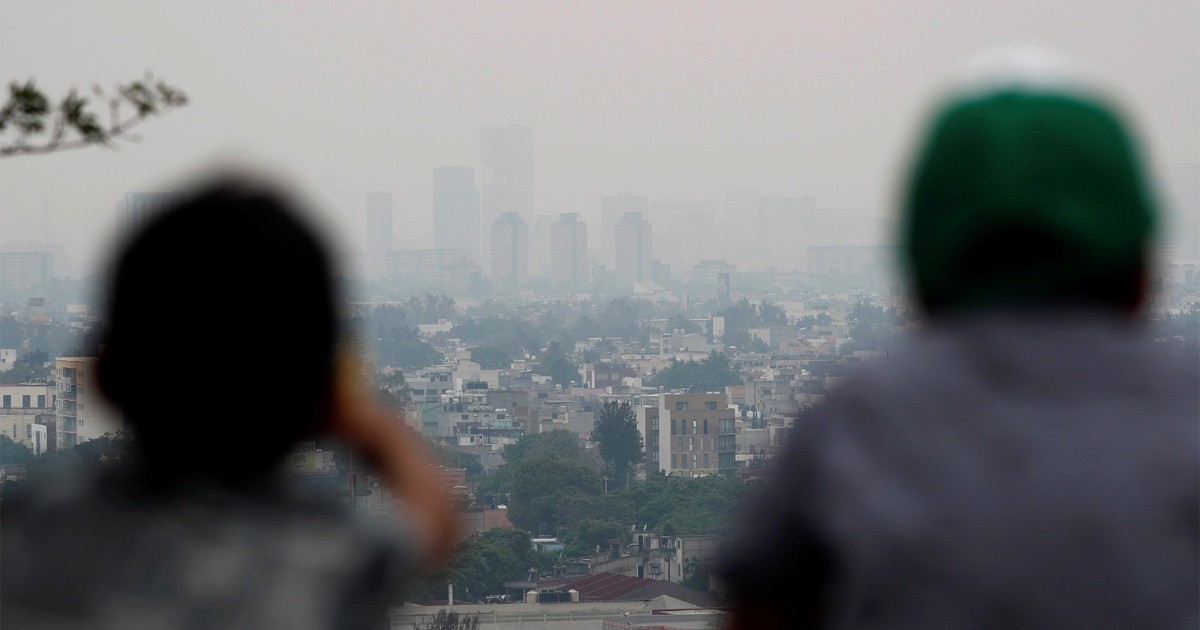Long-term breathing of polluted air carries an increased risk of depression, according to two new studies, adding to mounting evidence of the deleterious effects of pollution on mental health.
The first investigation, published last week by the JAMA psychiatry magazine, followed around 390,000 people for eleven years in the UK. The levels of contamination to which they were exposed were estimated according to the location of their residence.
The researchers studied the rates of fine particles (PM2.5 and PM10)of nitrogen dioxide (NO2) and nitric oxide (NO)pollution caused in part by fossil fuel power plants and vehicular traffic.
“Long-term exposure to multiple pollutants was associated with increased risk of depression and anxiety,” the scientists concluded.
The observed risk is non-linear, that is, it grows strongly above a relatively low concentration level, and tends to stagnate afterwards.
“Knowing that the air quality standards of many countries still far exceed the most recent recommendations of the World Health Organization (WHO) from 2021, more stringent pollution rules or regulations should be put in place,” the study authors wrote.
The second study, published Friday in JAMA Network Open, looked at the effect of fine particulate matter (PM2.5), nitrogen dioxide (NO2) and ozone (O3) on people aged 64 and over.
The objective was to study the consequences of air pollution on the development of a late depression.
These works used a database of Medicare, the public health insurance reserved for the elderly in the United States, and studied a population of about 8.9 million people, of whom 1.5 million suffer from depression.
The results again showed a strong association between pollution and depression, particularly when looking at fluxes of fine particles and nitrogen dioxide for disadvantaged populations.
This association could be explained by the relationship observed between high concentrations of pollutants and inflammation in the brain, according to the two studies.
This work “adds to the growing body of evidence that we should be concerned about the effects of pollution on mental health,” said Oliver Robinson, professor of neurosciences and mental health at University College London, who was not involved in the studies. research.

















